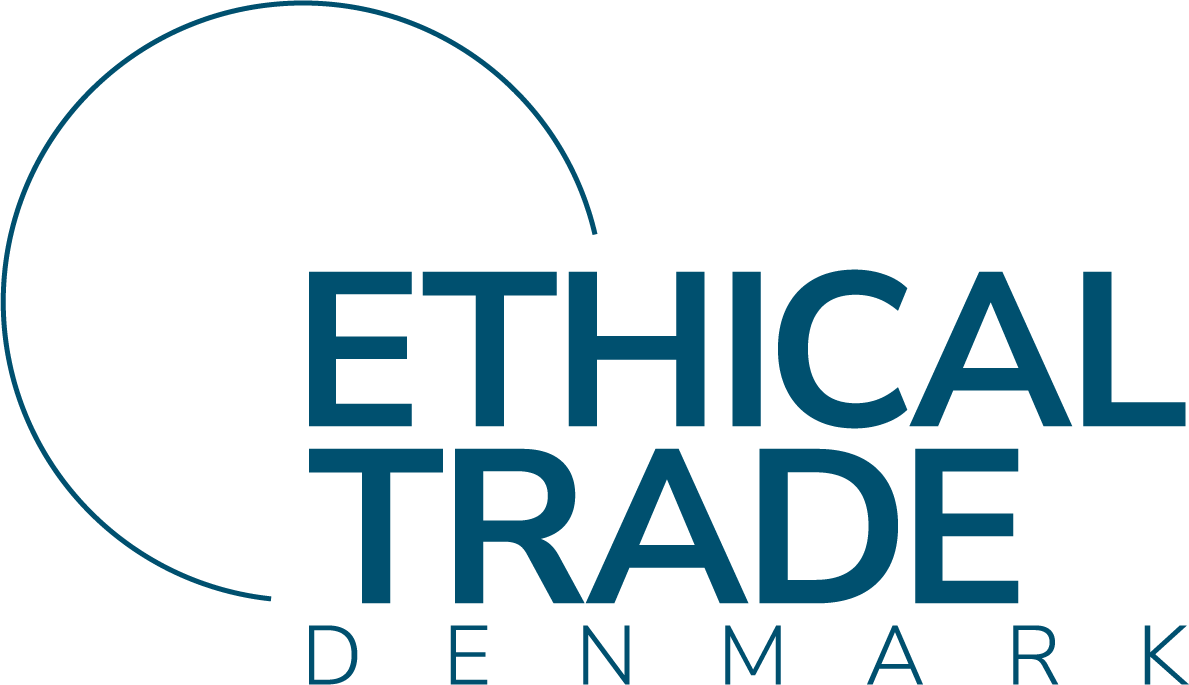Does your business respect human rights and environment?
A guide for small and medium-sized companies
Whether you are a large multinational company or a small/medium-sized enterprise (SME), the expectations of your CSR efforts are on the rise.
This applies to both large multinational companies and small and medium-sized companies (SMEs).
A basic expectation of any company is that they respect human rights and take a structured approach to any challenges in their value chain. This process is known as human rights due diligence. But what does this due diligence entail? What is expected of you as a company? What specific measures can you take? And when have you done enough? That’s what this guide is about.
Who is this guide for?
A fundamental expectation of all companies is that they respect and work in a structured way with human rights and the environment in their value chains. This process is called due diligence. What does it mean for a company to work with due diligence? What is expected of a company? What specific actions can you take? and when do you know that what you are doing is good enough? That’s what this guide is all about.
How to get started
You can read the guide from start to finish, or select specific parts of the guide that you want to focus on. However, it should be emphasised that the entire guide is important, and that you as a company will reach your goal by integrating all parts of the process into your way of doing business.
What is the purpose?
The objective is for your company to be able to comply with international standards and live up to the expectations of your stakeholders. We guide you on how to best carry out due diligence for human rights and environment – regardless of your company size and resources.
The guide provides inspiration for where to start and how to strengthen your current processes. It offers advice on how to find the best solutions for challenges along the way as well as inspiring case stories from relevant companies that are already well on their way.
How can you use it?

The guide contains the 6 steps that any company must go though, if they are serious about human rights and environmental due diligence. Each step based on international guidelines and the entire process is important.
Each of the 6 steps has its own section in the guide. Use the guide as a starting point and review its guidance along the way. Work dynamically though each step based on the actual circumstances of you company and remember to look for ways to incorporate the steps into your already existing processes. We hope you get on well with your work.
“For business, the most powerful contribution to sustainable development is to embed respect for human rights across their value chains. And business respect for human rights is not a choice, it is a responsibility.”
– UN Working Group on Business and Human Rights
The 6 steps of due diligence
What is human rights, environmental and climate due diligence?
See how others are working on human rights and the environment
Human rights due diligence in conflict-affected areas
Special risks in the production of millstones in Ethiopia
Ongoing follow-up at Gasa Nord Grønt’s 55 nurseries
About this guide
This guide is aimed at small and medium-sized businesses - i.e. companies with 2 to 250 employees, across industries. Human rights due diligence is relevant whether you are in the B2C or B2B market, import, export or have your own production in Denmark.
The purpose of the guide is to help SMEs in their work with human rights, environmental and climate due diligence - regardless of company size and resources. The guide provides inspiration on where to start and how to strengthen your current processes.
The guide has been prepared by Ethical Trade Denmark. A first version of the guide - focused on human rights and targeted at the food cluster - was developed in collaboration with the Danish Agriculture & Food Council and Arla, co-financed by the Danish Business Authority.
The guide may not be modified, reproduced or translated without prior written agreement with Ethical Trade Denmark. The guide may only be used in educational contexts with clear credit to Ethical Trade Denmark, including a clear logo.




